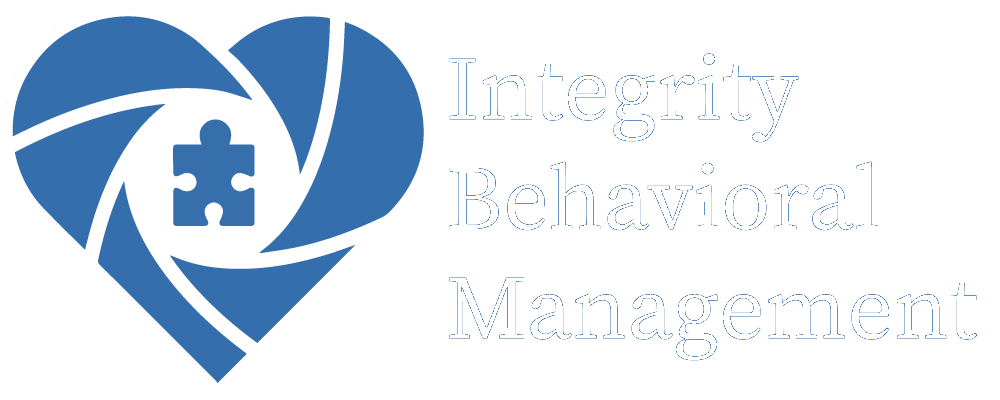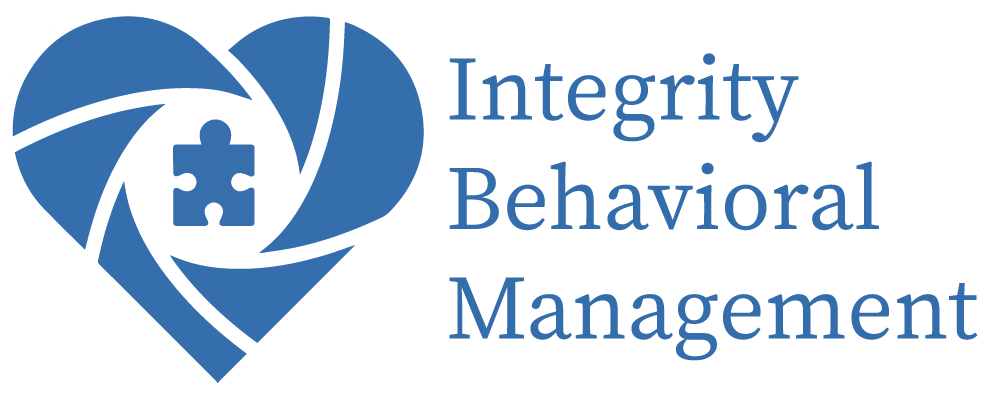Choosing the ideal rehab facility might seem daunting due to the wide array of choices. Nevertheless, you can make a well-informed decision that matches your recovery objectives by examining a few crucial aspects and recognizing your specific requirements.
This article will provide guidance on vital tips and factors to consider, helping you discover the rehab program that is most compatible with your unique situation. By doing so, you can ensure that you obtain the necessary support and treatment for a triumphant recovery journey.
Assess Your Treatment Needs
Start by evaluating your substance misuse history, including the specific substances involved and the duration of use. This information will help inform your treatment plan effectively.
It’s also essential to identify any co-occurring mental health issues, such as anxiety or depression, that may require integrated treatment alongside your substance use disorder.
As you assess your treatment needs, define your recovery goals. These may include detoxification milestones or repairing relationships damaged by addiction. Aligning your treatment journey with your personal objectives will keep you motivated and focused.
Consider the level of care you require, whether inpatient or outpatient, based on the severity of your addiction and the support system you have at home.
A comprehensive solution for those seeking effective addiction treatment is Integrity Behavioral Management’s IOP for addiction treatment which provides the flexibility to maintain daily responsibilities while receiving intensive, evidence-based care.
Also, Evaluate any special requirements you may have, such as gender-specific programs or age-related considerations, to ensure a comfortable and supportive treatment environment.
Research Rehab Options
Make use of online directories and resources to find treatment facilities that specialize in your specific substance use disorder. Check each center’s accreditation status with recognized organizations like CARF and the Joint Commission to ensure they meet established standards.
As you explore potential programs, read patient testimonials and success rates to gauge their effectiveness and reputation.
Reach out directly to treatment facilities to inquire about their specific therapies, and how they tailor their approach to individual needs and co-occurring disorders.
Don’t forget to assess the financial aspects of treatment. Verify which insurance plans are accepted and explore available funding options, including government grants and sliding-scale fees.

Consider Specialties and Therapies
Look for programs tailored to your specific addiction, such as alcohol, opioids, or stimulants, as this can enhance treatment effectiveness.
Seek out centers offering evidence-based therapies like Cognitive Behavioral Therapy (CBT) and Dialectical Behavioral Therapy (DBT), which have proven successful in addressing addiction and co-occurring mental health disorders.
If you belong to a particular demographic, such as young adults or pregnant women, specialized programs ensure age-appropriate and sensitive treatment approaches.
Facilities providing diverse therapeutic options, including group therapy, individual counseling, and holistic approaches, cater to different preferences and enhance engagement in the recovery process.
For those with co-occurring mental health issues, dual diagnosis treatment is essential. It allows for an integrated approach that simultaneously addresses both addiction and mental health conditions.
Evaluate Accreditation and Credentials
Look for centers accredited by CARF, the Joint Commission, or state licensing boards, as they adhere to rigorous treatment standards. Check that the staff hold necessary licenses like LADC, LPC, or MAC, indicating their expertise in addiction treatment.
A reputable rehab will have a transparent record of successful accreditation renewals and compliance with standards.
Research the facility’s reputation through patient testimonials and success rates to gauge treatment effectiveness. Confirm the staff are registered with professional bodies like BACP or UKCP, which uphold ethical practice standards.
Explore Aftercare and Support
Aftercare is crucial for maintaining sobriety post-rehab, as studies show that ongoing engagement in these programs can significantly reduce the risk of relapse.
Look for facilities that offer structured aftercare plans, which may include support groups, continued counseling sessions, and sober living arrangements to help you transition back to daily life.
The length and type of aftercare needed can vary, but many experts recommend at least six months of structured support following initial treatment. Effective aftercare plans often involve regular check-ins with a recovery coach or counselor to monitor your progress and address any emerging challenges.
On top of that, access to community resources, such as local support groups and educational workshops, can enhance the effectiveness of aftercare and provide continued motivation and accountability.
Location and Cost Considerations
Think about the facility’s proximity to your home, as being close to family and friends can provide comfort and support during recovery. Keep in mind that the cost of treatment can vary based on the location, with urban centers typically charging more than rural areas.
It’s essential to assess your budget and explore available financing options. Many facilities offer sliding scale fees based on income or financial assistance programs to help make treatment more affordable.
Don’t forget to check if the facility accepts your insurance plan and understand the extent of the coverage provided. It’s also best to consider whether the facility offers amenities that enhance comfort and recovery, as these can also influence the cost and overall experience.
Final Thoughts from Integrity Behavioral Management
By considering the factors mentioned in this piece and reviewing the advantages of an Intensive Outpatient Program for recovery, you’re taking a crucial stride toward reclaiming your life from addiction. The program we offer at Integrity Behavioral Management in New Orleans provides a structured yet adaptable approach, enabling you to receive high-quality treatment while maintaining connections to your support system and upholding work or school obligations.





